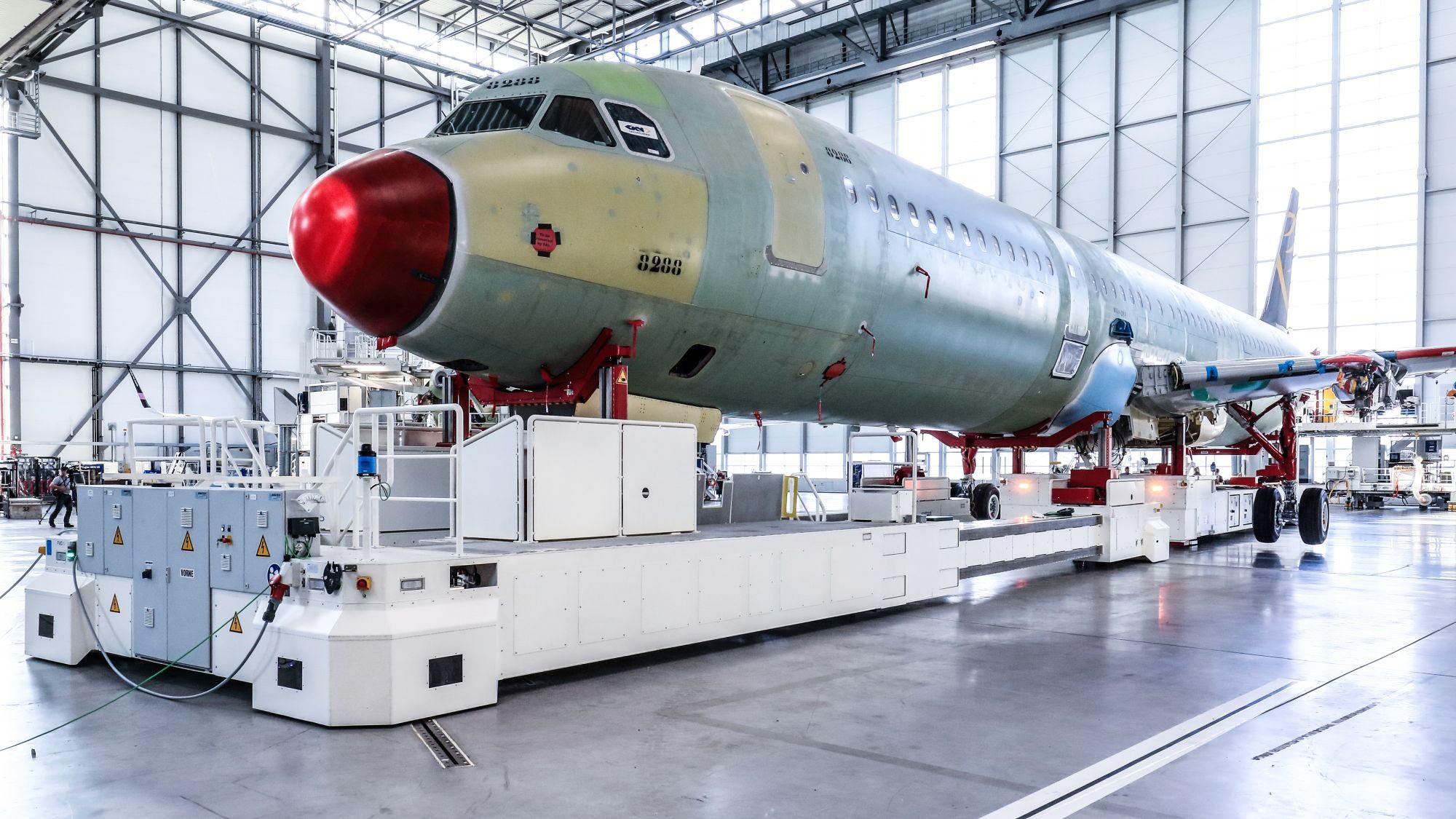
Credit: Airbus
Airbus is exploring if and how it could raise production of its A320neo family to 75 aircraft per month in 2025 while also almost tripling output of the A220 to 14 aircraft over roughly the same period. If implemented, the manufacturer would deliver almost 90 narrowbody aircraft per month by the...
Subscription Required
This content requires a subscription to one of the Aviation Week Intelligence Network (AWIN) bundles.
Schedule a demo today to find out how you can access this content and similar content related to your area of the global aviation industry.
Already an AWIN subscriber? Login
Did you know? Aviation Week has won top honors multiple times in the Jesse H. Neal National Business Journalism Awards, the business-to-business media equivalent of the Pulitzer Prizes.
